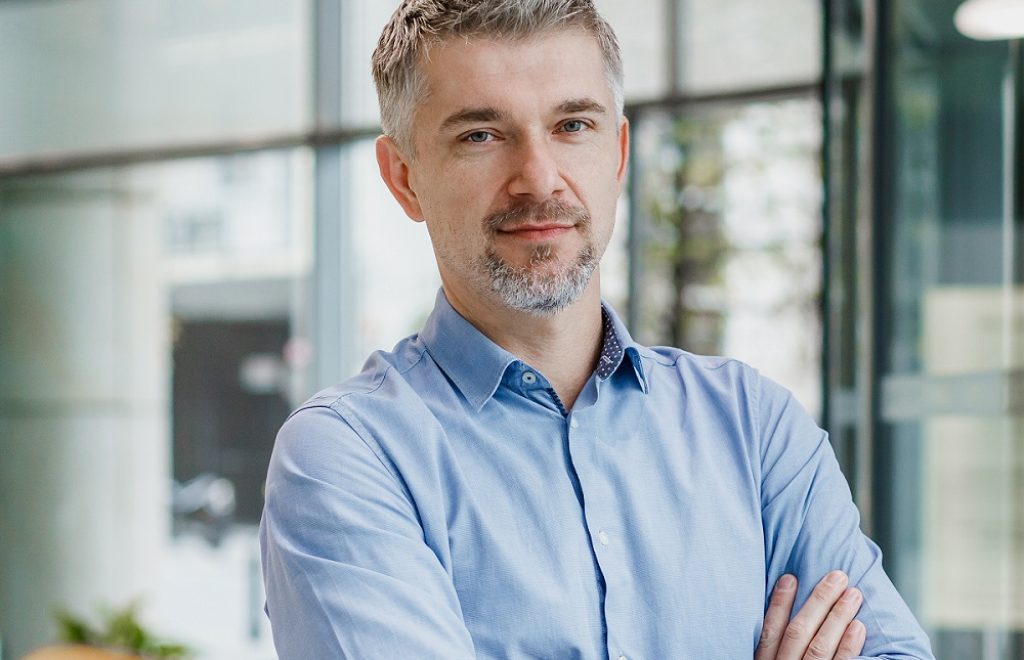Poland becomes a convenient target in Putin’s memory crusade
NEW EASTERN EUROPE: On December 20th 2019 Vladimir Putin delivered a speech where he blamed Poland for the outbreak of the Second World War. These remarks caused outrage in Poland. The ministry of foreign affairs issued a statement in which it blamed the Russian leader for undermining joint efforts to find a way to truth and reconciliation in Polish-Russian relations. As director of the Polish-Russian Centre for Dialogue and Understanding in Warsaw, what was your institution’s response?
ERNEST WYCISZKIEWICZ: First let me start by saying that I was not outraged because what took place in December 2019 was actually nothing new. In the past ten years Poland has often been under historical – sometimes a bit hysterical – pressure from Russia. Periods of peaceful coexistence were rare and were quickly followed by stormy exchanges. So we have been there before. Yet, what we have been witnessing since Putin’s infamous comments in December is a new level of aggressiveness in Russian historical propaganda, as well as the fact that Poland was specifically chosen as enemy number one in this domain.
April 6, 2020 - Ernest Wyciszkiewicz



































